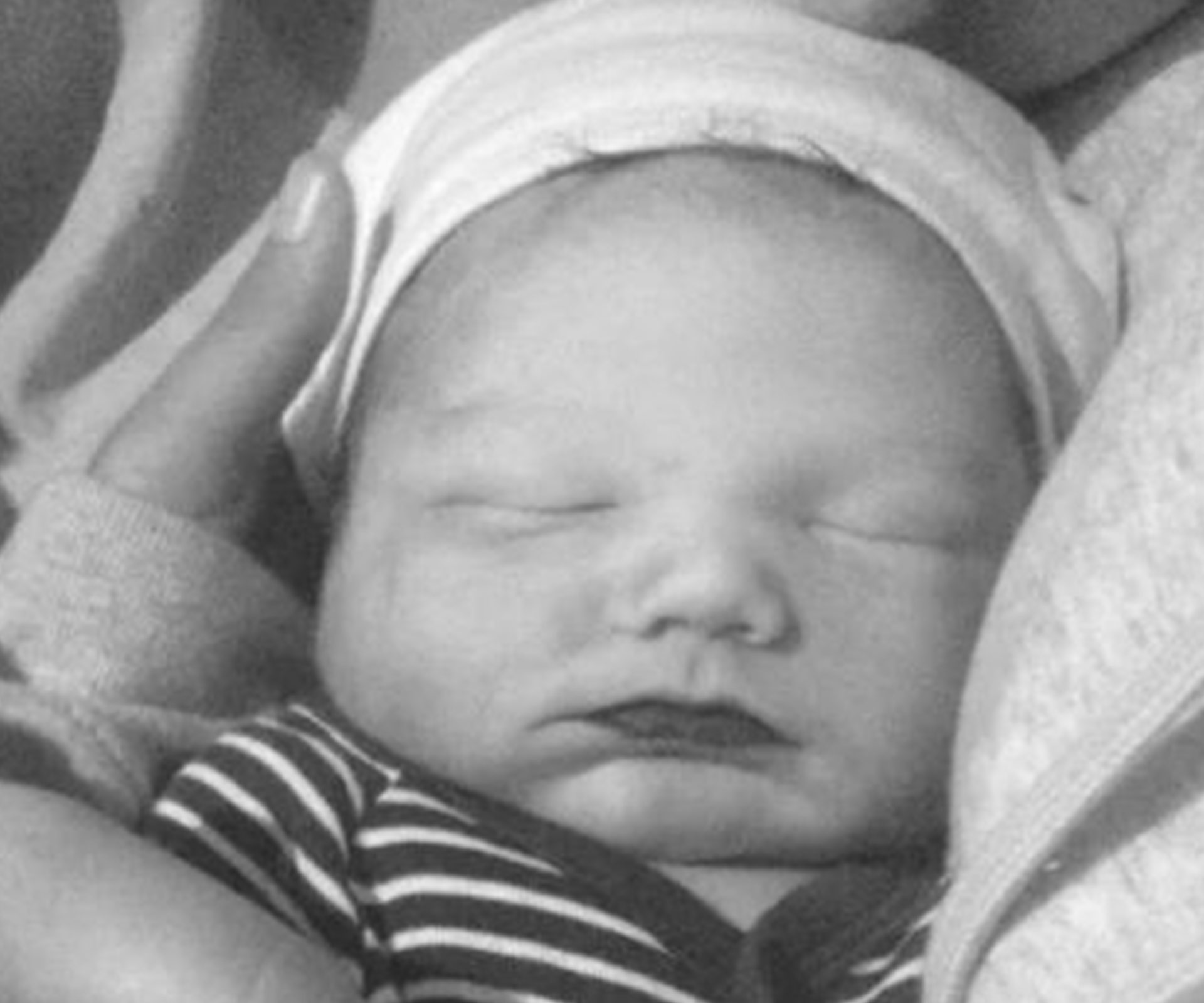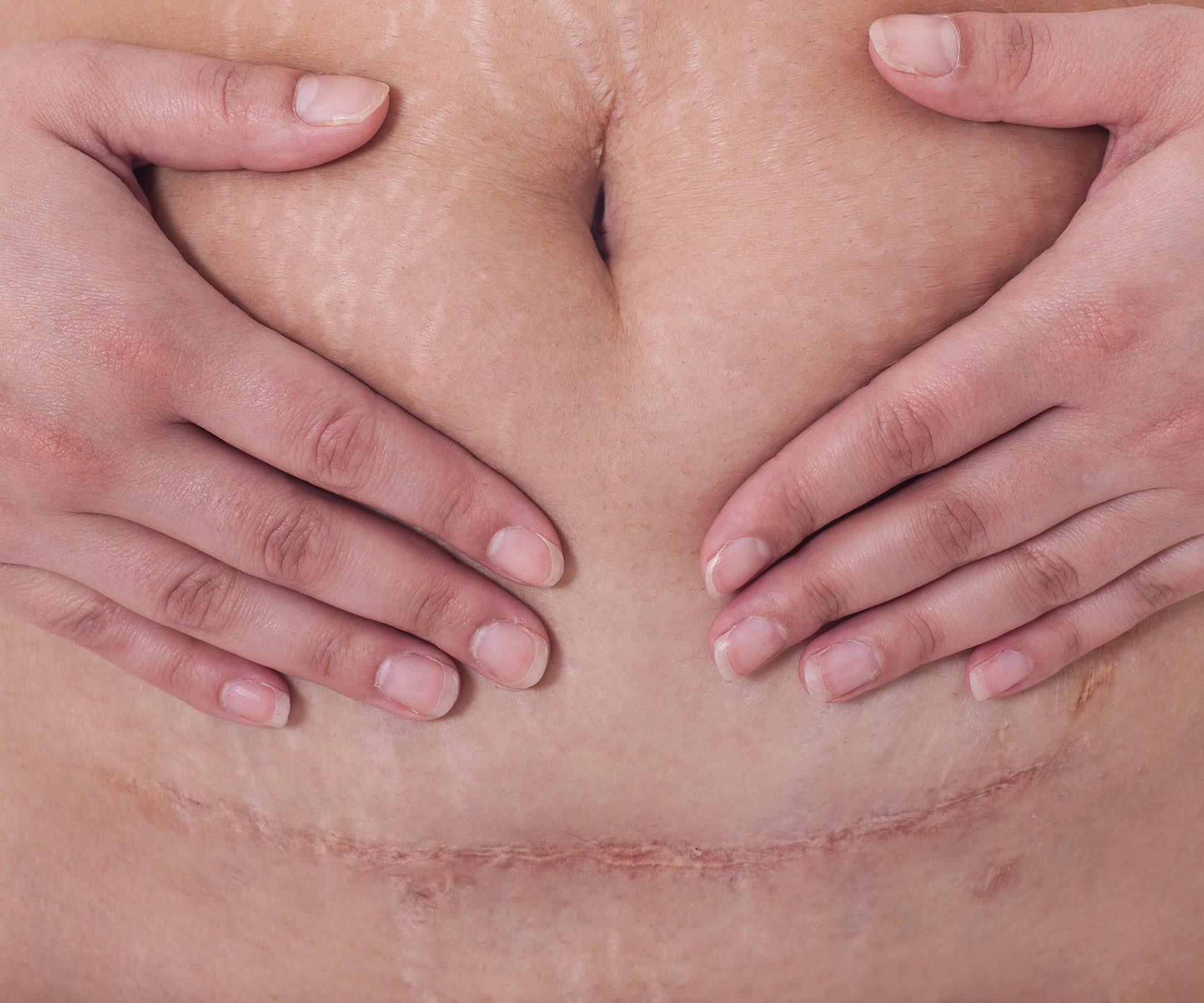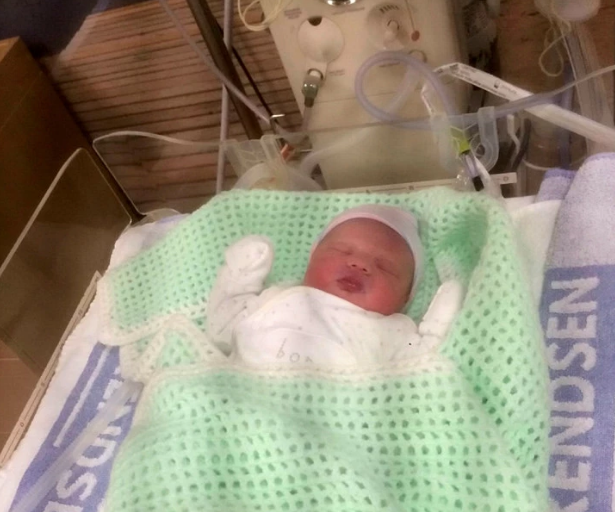The grieving family of a newborn baby whose skull was reportedly fractured during delivery hoped that an inquest would bring closure and “prevent future tragedies”.
Now, three years on from their son’s 2014 death, coroner John Lock has said the Royal Brisbane Women’s Hospital could have done more to prevent the tragic happenings, according to the Courier Mail.
Baby Nixon Tonkin died just 30 minutes after his caesarean birth at 38-weeks’ gestation when his mother, Simone Tonkin, went into obstructed labour.
It’s said doctors at the Royal Brisbane and Women’s Hospital experienced issues in freeing the foetus’ head from the woman’s pelvis.
The inquest heard a midwife was asked to attempt to free baby’s head with two fingers to break suction in a move the family believe ultimately resulted in his death.
Nixon was born unable to breath, and an autopsy later showed he’d suffered skull fractures, brain swelling and haemorrhages.
Coroner Lock says neither the midwife, nor any other medical professional present for the birth, was directly responsible for little Nixon’s death.
He says the midwife, who was not trained to perform that particular manoeuvre, should not have been placed in the situation, and instead put the infant’s death down to his delay in delivery.
Further medical support, communication, education and training has ensued at the Royal Brisbane and Women’s Hospital following the tragedy, and a consultant is now present on every shift.
The Courier Mail reports that further medical support, communication, education and training has ensued at the Royal Brisbane and Women’s Hospital as a result.
The hospital’s clinical director of obstetrics and gynaecology, Karin Lust, offered Nixon’s family their condolences in a statement.
“While infant mortality is rare and rates are very low in Australia, no birth is without risk,” she said.
“Our job is to minimise possible complications to ensure a health mum and baby.”


